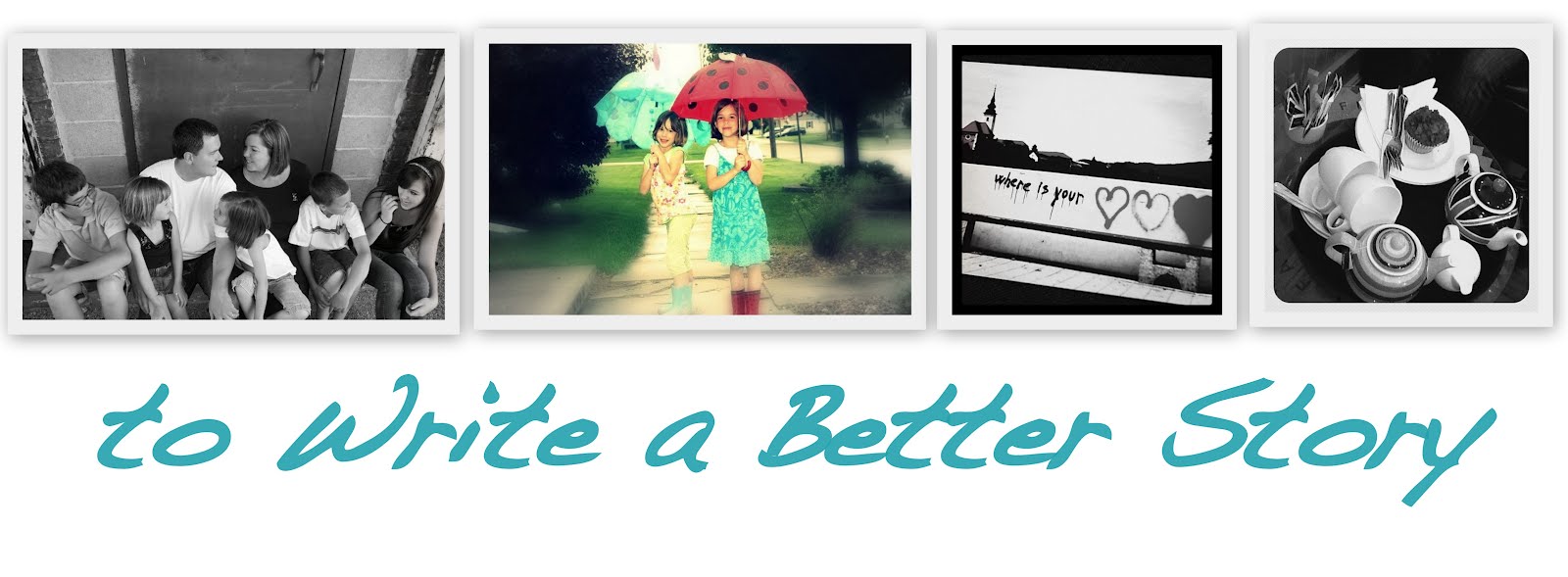(This article originally appeared in the March 22, 2011 edition of The Daily Review Atlas as a part of my weekly Practical Parenting series)
Much to every mother’s chagrin the first word her baby will probably say is "da-da". Daddy’s ego is no doubt stroked with this initial jargon but what neither parent understands is that the "duh duh duh" sound is the first and easiest utterance all baby’s make. Sorry daddies, it’s really not about you!
Language is not easy to learn. Children, who are born not knowing one single word, will have mastered almost 500 words by their third birthday. This number doubles in children whose parents hold professional jobs. Curious how this happens? So was Betty Hart, a graduate student in child development working at a preschool in Kansas City. She recognized a difference amongst four year olds in the school and decided to measure the amount of words children who live in low income homes hear versus the vocabulary of children living with professional parents. According to her research, the average child in a welfare home heard about 600 words an hour while a child in a professional home heard 2,100.Much to every mother’s chagrin the first word her baby will probably say is "da-da". Daddy’s ego is no doubt stroked with this initial jargon but what neither parent understands is that the "duh duh duh" sound is the first and easiest utterance all baby’s make. Sorry daddies, it’s really not about you!
That difference is astounding. And it’s not fair.
Before children can read, they learn all their language one way: they hear it. A two year old will never say "encyclopedia" if he never hears the word. (this also applies to swear words by the way!). That is why baby’s first words are usually mama, dada, bottle and the name of the family pet. Those are the words they hear over and over again all day long.
Interestingly, studies indicate that children are most attuned to words they hear live, from a real person. That means television viewing will not advance a child’s vocabulary – no matter how educational it may or may not be. The brain is not initially wired to gather information from a blinking box that makes noise. Our minds are created to desire personal interaction and stimulation. The screens in our home will fail at teaching our child language skills. Turn off the boob tube.
Parents who want their child to develop good language skills would do best to engage them in a conversation, a daunting task when you are dealing with a toddler, I know. Many adults speak to children as if life is nothing more than a constant pop quiz; what color is that? what letter is that? and what sound does that make? While there is value in teaching your children about letters and colors this is not the way to create conversation. If you want your child to have good language skills ask them open-ended questions. Ask what are they doing. Invite a child to explain what they are creating. Then ask them what comes next. The point is to avoid asking questions with one right answer. Rephrase questions to invoke curiosity and then wait. Yes, pause! This is the cadence of conversation. Wait three, even ten seconds before filling in the silence. Give children a chance to hear what you say, process the information and formulate an answer. This is how language is built!
In addition it is imperative that parents read to their children. Experts say that there really are only 100 words that we regularly use every day. Reading aloud introduces your child to a wide variety of new and interesting words. Pay attention the next time you snuggle up with a good book. You’ll be amazed at all the uncommon words you observe in the story.
Take a typical nursery rhyme book. You’ll read words like hubbard, nimble, fiddle, candle stick, quite contrary and buckle. I feel pretty confident that none of us have found a relevant context to use any of these words in conversation today! When you pick up a book you literally open your child up to an exponential language lesson. This is how vocabulary is built!
The good news about these best practices for good language skills is that none of it requires a college degree or finances. Modeling conversation, reading books and reciting nursery rhymes are available to all families regardless of what side of the poverty line they live. Children are sponges for language. Let us as parents and loving caregivers give them the best start for a successful education experience. Let’s give them the language foundations they need! Talk to your child today, Why? Because I’m the mom and I said so! That’s why!
Parents who would like more information on how to increase their child’s language skills can contact Stephanie at Lincoln Early Childhood School (309)734-2222.



